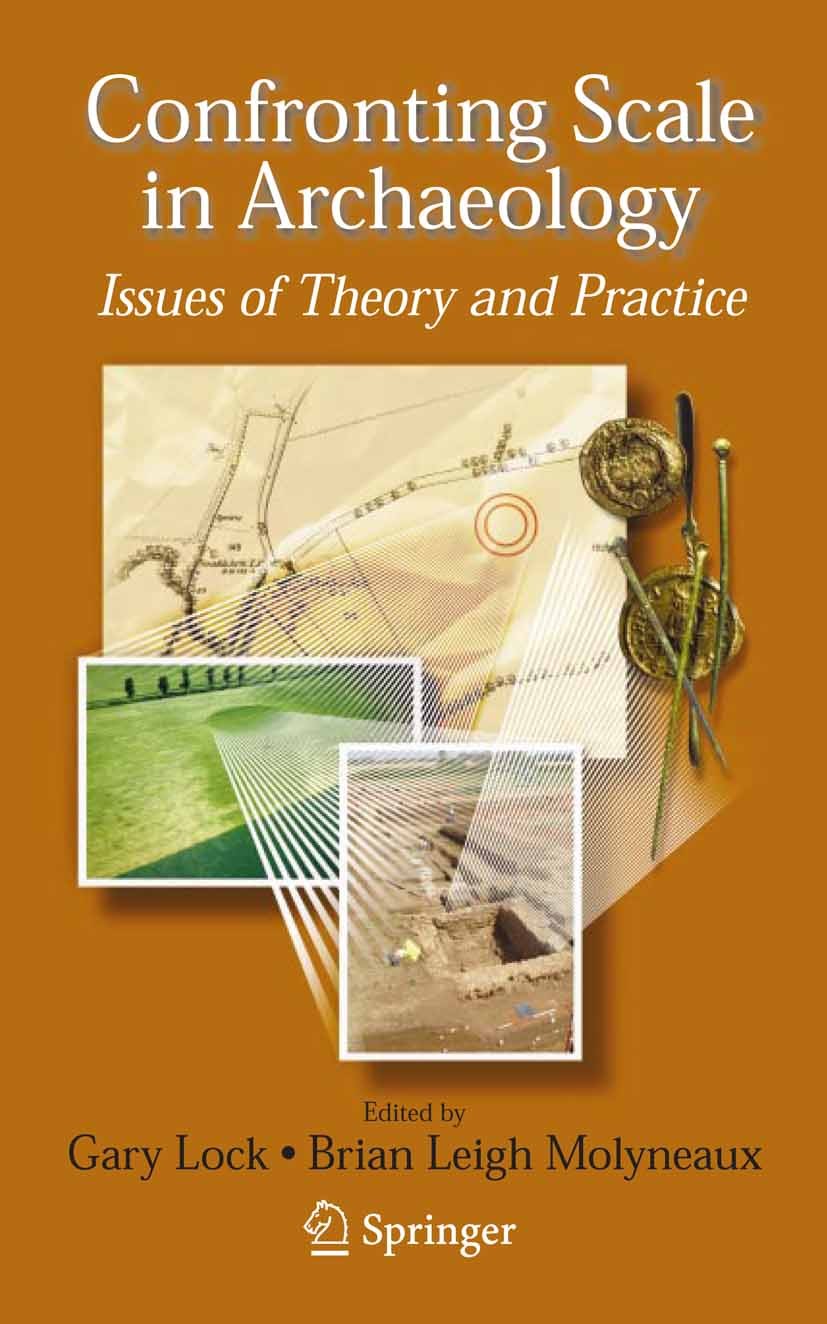| 书目名称 | Confronting Scale in Archaeology | | 副标题 | Issues of Theory and | | 编辑 | Gary Lock,Brian Leigh Molyneaux | | 视频video | http://file.papertrans.cn/236/235449/235449.mp4 | | 概述 | Discusses the cultural, social and spatial aspects of scale and its impact on archaeology in practical and applicable cases.Includes supplementary material: | | 图书封面 |  | | 描述 | Archaeological analysis operates on a continuum of scale from the microscopic analysis of a single artifact to regional interpretations of cultural adaptations over thousands of years. A common assumption is that shifting from one scale to another in space and time is a seamless process. Scale in this sense is invisible, a mere mathematical abstraction. Yet, issues of scale exist at the fundamental level of archaeological interpretation. The traditional analytical debate in archaeology – between advocates of the so-called ‘‘processual’’ and ‘‘postprocessual’’ approaches – ranges around the question of scales of reasoning. At the one extreme, remote observation and the ability to interpret events and processes over vast reaches of time and space are possible, because the analysis concerns the hoped-for elucidation of general cultural processes; at the other, they are not, as both analyst and subject are isolated in their own subjectivities. Analysts occupying the middle ground often advocate a ‘‘multidimensional’’ or ‘‘holistic’’ approach, which involves multiple scales of analysis and interpretation. As the battleground tends to be the degree to which specific datasets and analytic | | 出版日期 | Book 2006 | | 关键词 | Evaluation; archaeological analysis; archaeological practice; archaeological survey; artifacts; material | | 版次 | 1 | | doi | https://doi.org/10.1007/0-387-32773-8 | | isbn_softcover | 978-0-387-75701-8 | | isbn_ebook | 978-0-387-32773-0 | | copyright | Springer-Verlag US 2006 |
The information of publication is updating

|
|
 |Archiver|手机版|小黑屋|
派博传思国际
( 京公网安备110108008328)
GMT+8, 2026-1-28 00:08
|Archiver|手机版|小黑屋|
派博传思国际
( 京公网安备110108008328)
GMT+8, 2026-1-28 00:08


